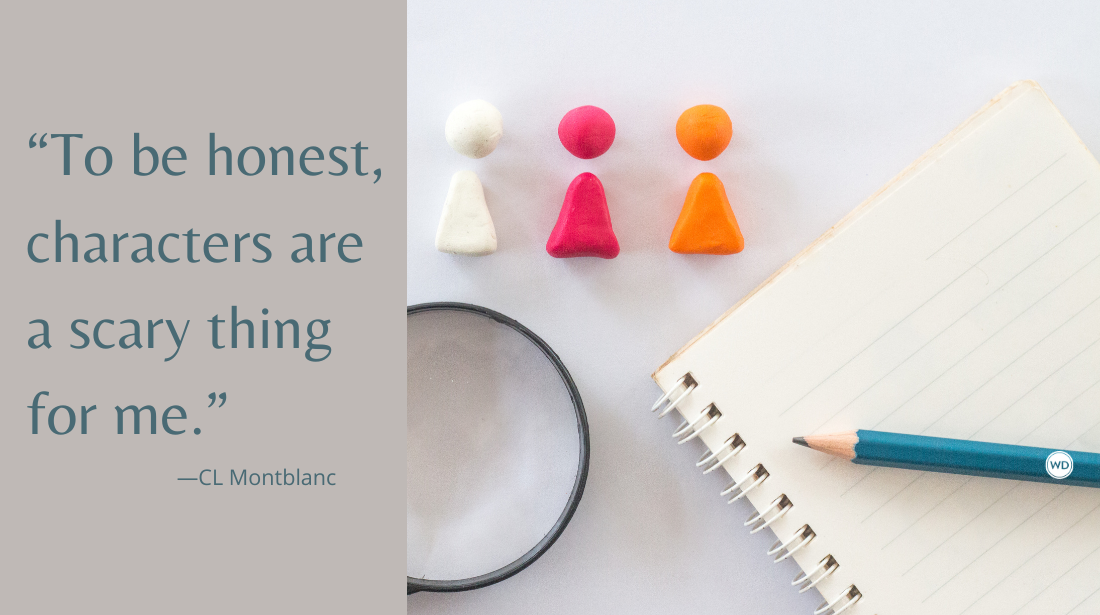Further vs. Farther (Grammar Rules)
Learn when to use further vs. farther with Grammar Rules from the Writer’s Digest editors, including a few examples of correct usages.
The further we dive into these grammar rules the more apparent it becomes that language is constantly in flux. Sometimes it's obvious when observing commonly used words in the 1980s that are now inappropriate. However, there are less obvious divergences, such as the meanings of further and farther.
For a long time, many used these words interchangeably. But there has been a quiet movement driving them further (and farther) apart. So let's look at the difference between further and farther, along with examples of correct usage!
Further vs. Farther
Further is most commonly used as either an adverb or adjective to indicate a greater degree of something. Moreover, it can be used as a synonym for "in addition" or "moreover." Further, it can be used as a verb to promote (or "further") an idea, cause, or something along those lines.
Farther is only used as an adverb or adjective to indicate a greater distance or degree of something. In fact, it's often used as a synonym for "further."
So case closed on these two words, right? Well, not exactly.
There is a growing movement that's been gaining traction for decades that there is a difference developing between them, and it has to do with how you measure these "greater degrees of something." As part of this movement, "farther" is used to describe greater degrees of physical distance, while "further" is used to describe greater degrees of figurative distance.
Make sense?
Let's go through a few examples:
Correct: My legs are weary, but I have farther to run.
Incorrect: My legs are weary, but I have further to run.
Correct: The night was getting late, but he had further thoughts to explore.
Incorrect: The night was getting late, but he had farther thoughts to explore.
Correct: He furthered his ideas on the farther side of town.
Incorrect: He farthered his ideas on the further side of town.
While some may be resistant to change (I am myself at times), I think this is definitely a smart divergence in meaning that we should all further along. Plus, it comes with a super easy trick for telling them apart.
When you're faced with using further or farther, just remember: Farther describes how far in terms of physical distance, while further is used in the other cases.
*****
No matter what type of writing you do, mastering the fundamentals of grammar and mechanics is an important first step to having a successful writing career.
Robert Lee Brewer is Senior Editor of Writer's Digest, which includes managing the content on WritersDigest.com and programming virtual conferences. He's the author of 40 Plot Twist Prompts for Writers: Writing Ideas for Bending Stories in New Directions, The Complete Guide of Poetic Forms: 100+ Poetic Form Definitions and Examples for Poets, Poem-a-Day: 365 Poetry Writing Prompts for a Year of Poeming, and more. Also, he's the editor of Writer's Market, Poet's Market, and Guide to Literary Agents. Follow him on Twitter @robertleebrewer.








